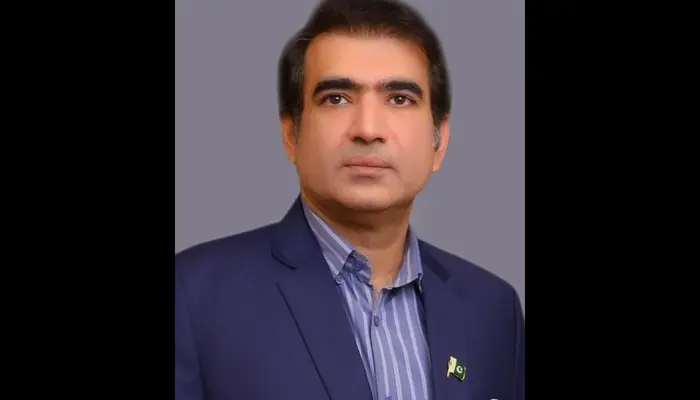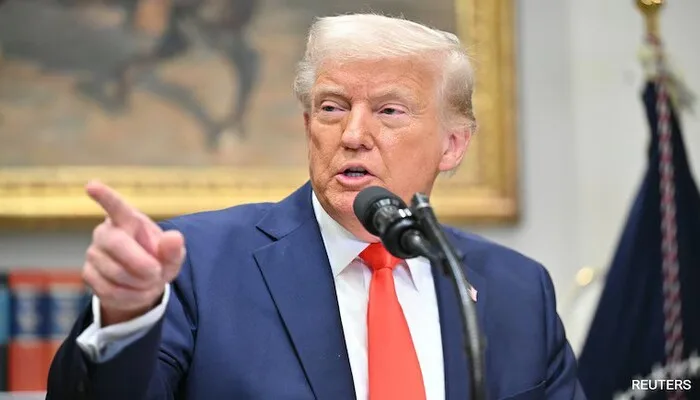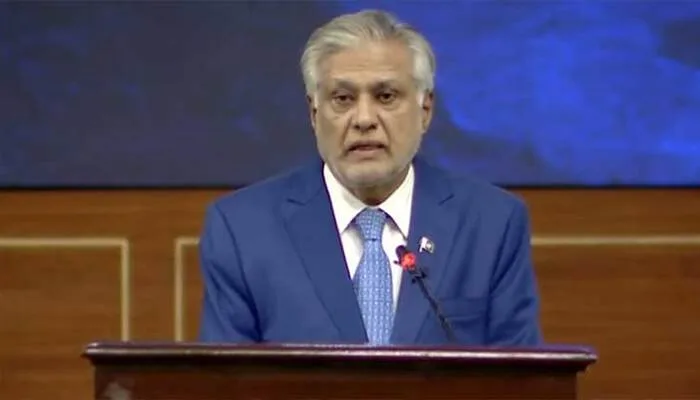
Karachi: Sheikh Umer Rehan, Chairman of the Pakistan Vanaspati Manufacturers Association (PVMA), has urged the government to address challenges in the edible oil supply chain by reducing duties on alternative oils like soybean, canola, and sunflower oil. This measure, he emphasized, would diversify imports and reduce Pakistan’s dependence on palm oil, which dominates the country’s vegetable oil consumption.
Concerns Over Global Palm Oil Shortages
Sheikh Umer Rehan highlighted the impending global palm oil shortage, exacerbated by Indonesia’s bio-diesel policies. As the supplier of 90% of Pakistan’s palm oil imports, Indonesia plans to increase palm oil blending in bio-diesel to 40% by January 2025 and 50% by January 2026. Past export restrictions by Indonesia, driven by rising domestic prices, have already disrupted Pakistan’s supply chain.
FIA Raids Clifton Jewellery Shop, Uncovers Illegal Currency Exchange
Pakistan, the third-largest palm oil importer globally, brings in approximately 3.5 million tons annually. Sheikh Umer Rehan stressed the urgency for the government to negotiate stable supply commitments under the Preferential Trade Agreement (PTA) with Indonesia and explore new partnerships, such as with Thailand, an emerging palm oil producer. He also called for leveraging the Free Trade Agreement (FTA) with Malaysia to secure alternative sources.
Advocating for Duty Reductions on Alternative Oils
The PVMA chairman pointed out that alternative oils like soybean and canola are currently cheaper in the international market but remain underutilized in Pakistan due to high regulatory duties. He proposed a flexible duty structure that aligns with global edible oil prices, enabling Pakistan to benefit from cost-effective alternatives. Lowering duties would ensure supply stability, alleviate pressure on foreign exchange reserves, and reduce local prices.
Call for Strategic Collaboration
Sheikh Umer Rehan urged the government to collaborate with industry stakeholders to monitor global market trends and adjust regulatory duties accordingly. Failure to act promptly, he warned, could lead to economic strain, rising local prices, and increased dependency on volatile palm oil supplies.
Follow Day News on Google News, Instagram, YouTube, Facebook, Whats App, and TikTok for latest updates















